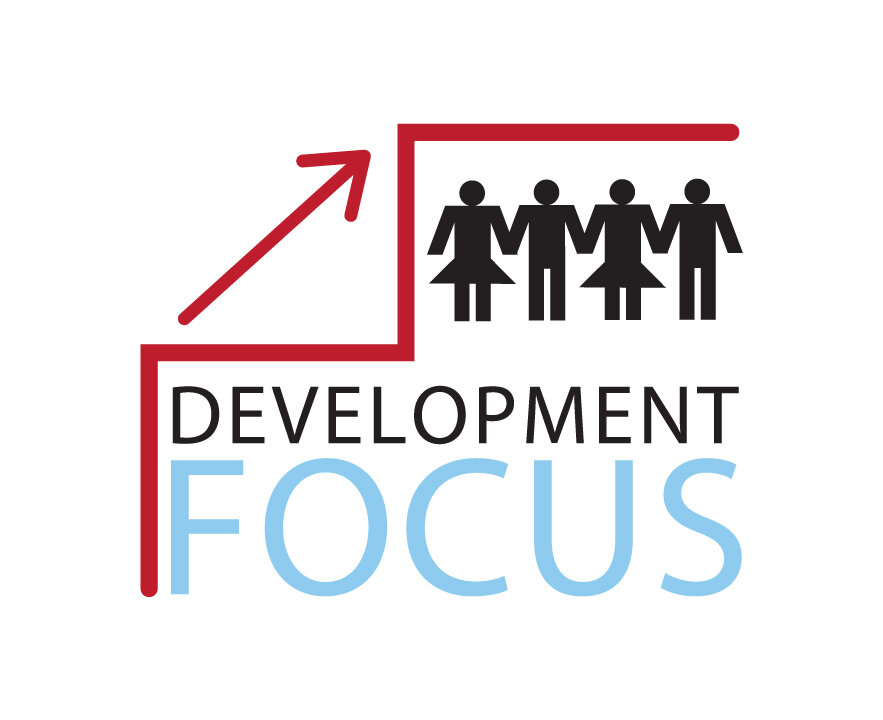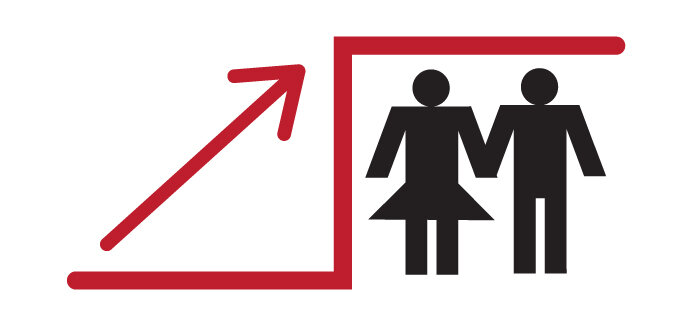
Basic Education Programme
Facilitating access to quality basic education for rural children
India is a signatory to UNDP’s Sustainable Development Goals. The 4th goal states: ENSURE INCLUSIVE AND EQUITABLE QUALITY EDUCATION AND PROMOTE LIFELONG LEARNING OPPORTUNITIES FOR ALL - by the year 2030. Our government has done a lot to ensure that this goal will be met. The 86th amendment to the Constitution of India made free and compulsory education a Fundamental Right for children in the 6 to 14 age group. This was followed by the Central Government Scheme, “SarvaSikshaAbhiyan” (Universalization of Elementary Education). Enrolment rates started going up. In 2009, the Right of Children to Free and Compulsory Education Act or Right to Education Act (RTE), enacted as an Act of the Parliament further strengthens the resolve.
In spite of the Government’s resolve and action; extreme poverty, armed conflict, lack of amenities etc. keep many children out of school. In fact, kids from the poorest households are four times more likely to be out of school than those of their richer counterparts. One of the main problems is the attitude of parents in poor, rural communities towards education. They feel that 8 years of primary education is not going to make any difference when it comes to the future of their children. The chances of pursuing education beyond grade 8 are very low for most of these children. 8 years of schooling is not going to provide them stable livelihood. So they conclude that sending their children to school is just a waste of time and energy and of no consequence.
Development Focus started a Basic Education programme in the year 2006 with support from Edukans Foundation, Holland. The programme was implemented in 15 very poor districts of Odisha, Chhattisgarh and Jharkhand where the percentage of Schedule Caste and Tribal communities are high. DF was partnering with 40 implementing organisations that were organised into 5 Clusters. School enrolment rates in these remote villages were extremely poor and drop-out rates very high when the project started. There were some villages were the enrolment rate was less than 60% and 45% of these children would drop-out by the time they came to grade 5.
The main components of this programme were:
To sensitize communities on the benefits of education, empower the communities to demand better facilities in government schools, demand that teachers were appointed and the quality of teaching/learning improves and quality mid-day meals provided.
To make education more “Relevant” a unique “Earn While You Learn (EWYL)” intervention was introduced.
This brought about a big change in the community’s attitude towards education. EWYL is a co-curricular activity that is carried out along with formal education. Children learn and practice child friendly livelihood activities like chicken/duck rearing, vegetable gardening, producing chalk, producing organic fertilizers, vermicomposting etc. after class hours in the school premises. Parents began to realize that schools can also teach their children skills that are relevant to them and leading to livelihood at a later stage. This proved to be a Game Changer in the attitude of poor communities towards sending their children to school and educating them.
Children’s Clubs were formed in schools and strengthened. Children learnt about their rights and developed Leadership skills in these clubs. The overall interaction between the community and the school greatly improved through School Management Committees that were strengthened. Communities understood the importance of education, their entitlements and started demanding their rights from the officials. This programme reached out to nearly 120,000 children in the 6 to 14 age group in 873 villages. The project was implemented between the years 2006 to 2014. School enrolment rates went up to 100% and drop-out rates up to grade 8, less than 10%. Even though the project cycle is over, the interest and involvement in education continues because of community involvement.
In addition to these community level interventions, State Level Forums were established in the state Capitals of Odisha, Chhattisgarh, and Jharkhand. These Primary Education Forums were made up of Implementing Partners in the state, other like-minded NGOs, and Civil Society Players. The main aim was to take up Policy Issues with the government and ensure that implementation of existing policies benefitted the communities. Some of the Outcomes of the Forum are: Sufficient teachers are deployed in village schools, Textbooks are printed on time and made available to children at the beginning of the academic year and the school infrastructure is maintained well. There is still a great need for Basic Education projects like this in many remote villages of India. Development Focus will continue to make efforts to ensure that every child in the 6 to 14 age group from marginalized communities receives Basic education that is Accessible, Relevant and of Good quality.



